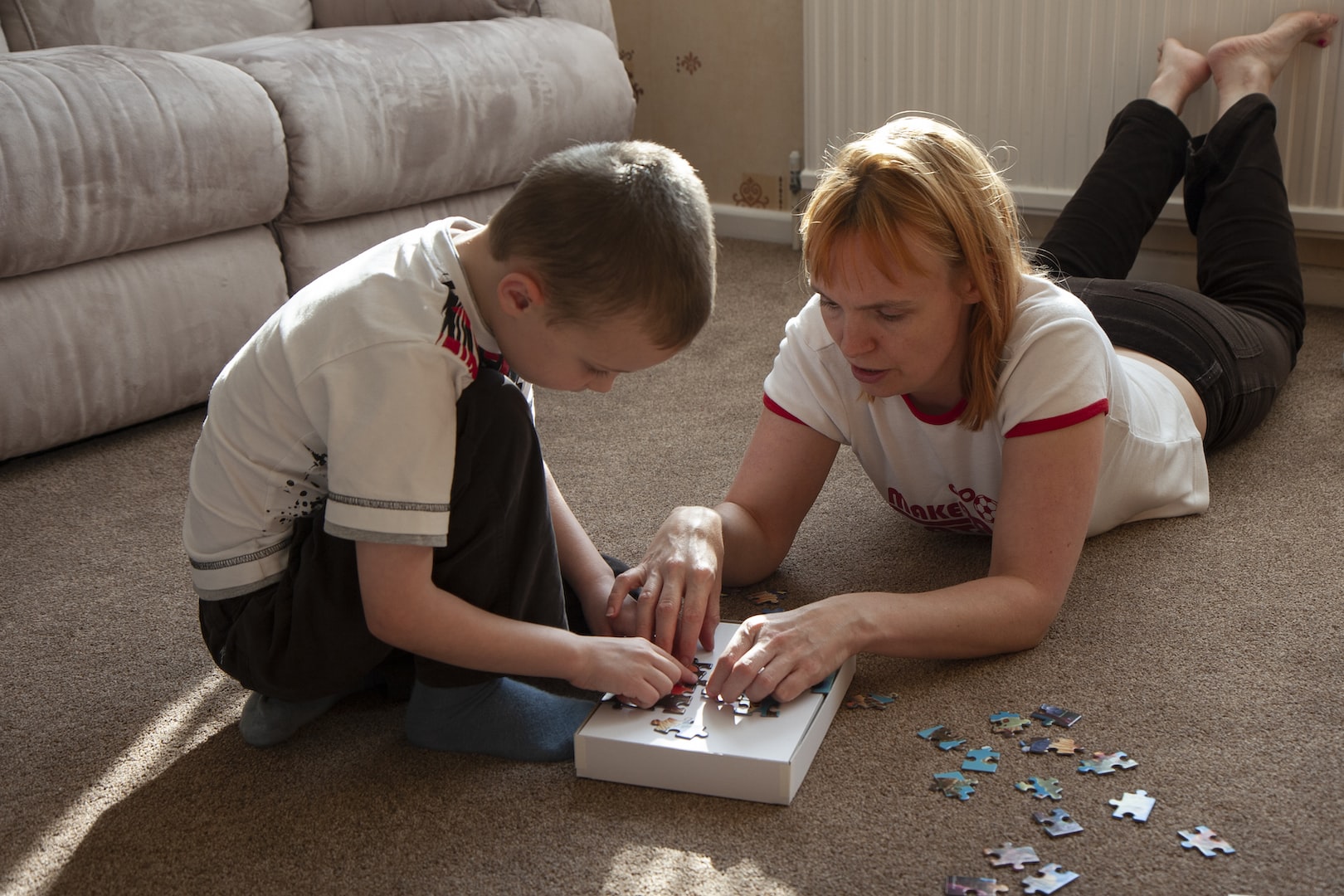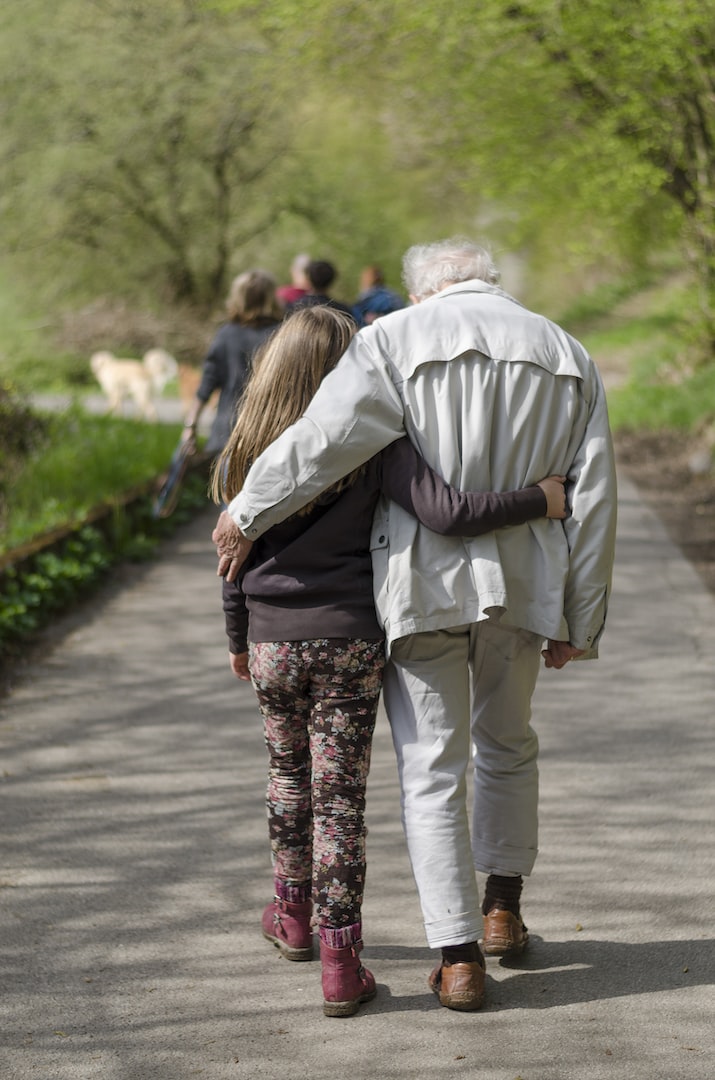Kerry Counselling Blog
Blog #2: October 1, 2023
Is it Anxiety or Excitement?
When we feel excited about something, like riding a roller coaster, or buying a new bike, we get big bodily sensations. Our heart beats faster, palms get sweaty, laser like focus, feel jumpy or restless, speak faster or louder, get butterflies in our stomach, which are all similar bodily sensations with anxiety.
Click here for the full Blog
Blog #1: February 3, 2023
What if Anxiety was your friend?
What if Anxiety was your friend? An over-protective, sometimes annoying, but well-meaning friend, constantly trying to warn you of dangers and protect you from harm.
Click here for the full Blog




